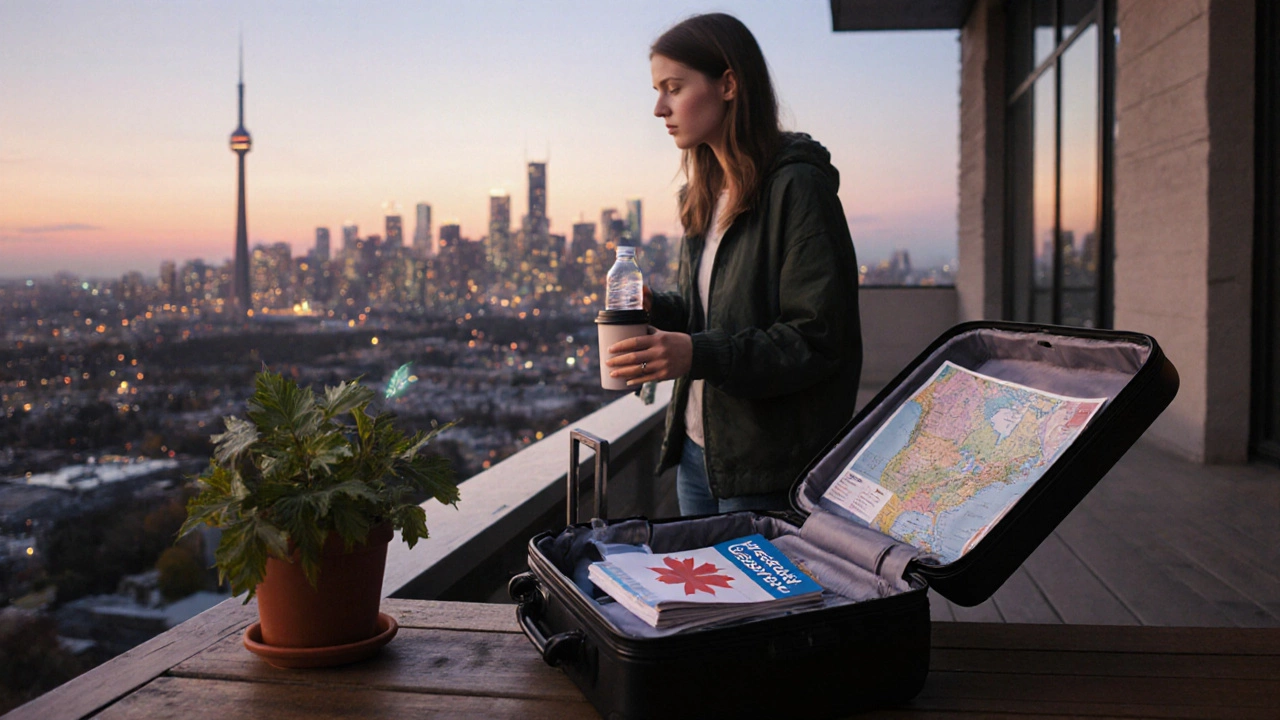Weekend Break – Quick Getaways on a Budget
When planning a Weekend Break, a short, affordable getaway that fits into a Saturday‑Sunday window, often used for rest, exploration, or a quick change of scenery, most people think about two other ideas first: budget travel, travel that focuses on minimizing costs while still delivering a satisfying experience and short trips, journeys that last no more than a few days, usually over a weekend. Those three concepts are tightly linked – a weekend break encompasses short trips, it requires budget planning, and budget travel influences the choices you make for a weekend break. Understanding how they fit together helps you turn a simple idea into a real, enjoyable plan.
Why a Weekend Break Works for Everyone
People love weekend breaks because they need minimal time off, yet they still get a real change of pace. No need to request a week of leave, no long‑term accommodation bookings, and you can often fit the trip into a regular pay‑check. This is why budget travel tips matter so much – they let you stretch that two‑day window without blowing your savings. In the UK, UK tourism, the industry that promotes travel within the United Kingdom, offers countless options from countryside inns to coastal towns is built around short, affordable stays, making it easy to find a spot that matches your budget.
Another reason weekend breaks stick: they’re flexible. You can swap a city stay for a nature hike, or replace a pricey hotel for a campsite, depending on the weather, mood, or who’s joining. That flexibility creates a natural feedback loop – the more you experiment, the better you get at spotting deals, packing light, and planning routes that maximize fun and minimize waste. For example, a quick train ride from Birmingham to the Cotswolds can cost less than a day’s worth of fuel if you book off‑peak, and the scenic villages give you a taste of rural life without a long drive.
When you look at the data from recent travel articles, a clear pattern emerges: people who master budget travel and short‑trip planning tend to take more weekend breaks each year. They know the best times to book, the cheapest transport options, and the hidden gems that don’t require a full‑week itinerary. That knowledge also reduces stress – you spend less time worrying about money and more time enjoying the destination.
So, what does a successful weekend break look like? First, pick a destination that’s reachable within a few hours by train, bus, or car. Second, set a clear budget – include transport, accommodation, food, and a small buffer for surprise activities. Third, pack smart: a small backpack, versatile clothing, and a reusable water bottle keep costs low and the experience light. Finally, plan one or two main activities and leave room for spontaneity; the best moments often happen when you wander off the planned path.
Below you’ll find a curated collection of articles that dive deeper into each of these steps. From how to stretch $500 for a weekend getaway, to the best relaxing spots in the UK, to tricks for scoring cheap transport, the posts cover the whole spectrum. Whether you’re a seasoned traveler looking for fresh ideas or a first‑timer unsure where to start, the resources ahead give you practical, up‑to‑date guidance to turn any Saturday‑Sunday into a memorable mini‑vacation.
Categories
Archives
Recent Posts
- Why Is It Called Dirty Myrtle? The Wild Reputation of Myrtle Beach
- Top Adventure Holidays for Thrill‑Seekers in 2025
- How to Spice Up a Relationship: Fresh Tricks for Romantic Breaks
- What Cities Are 5 Hours from Cincinnati, Ohio? Best Weekend Getaways Within Driving Distance
- What is the cheapest tropical place to vacation in 2026?

Menu